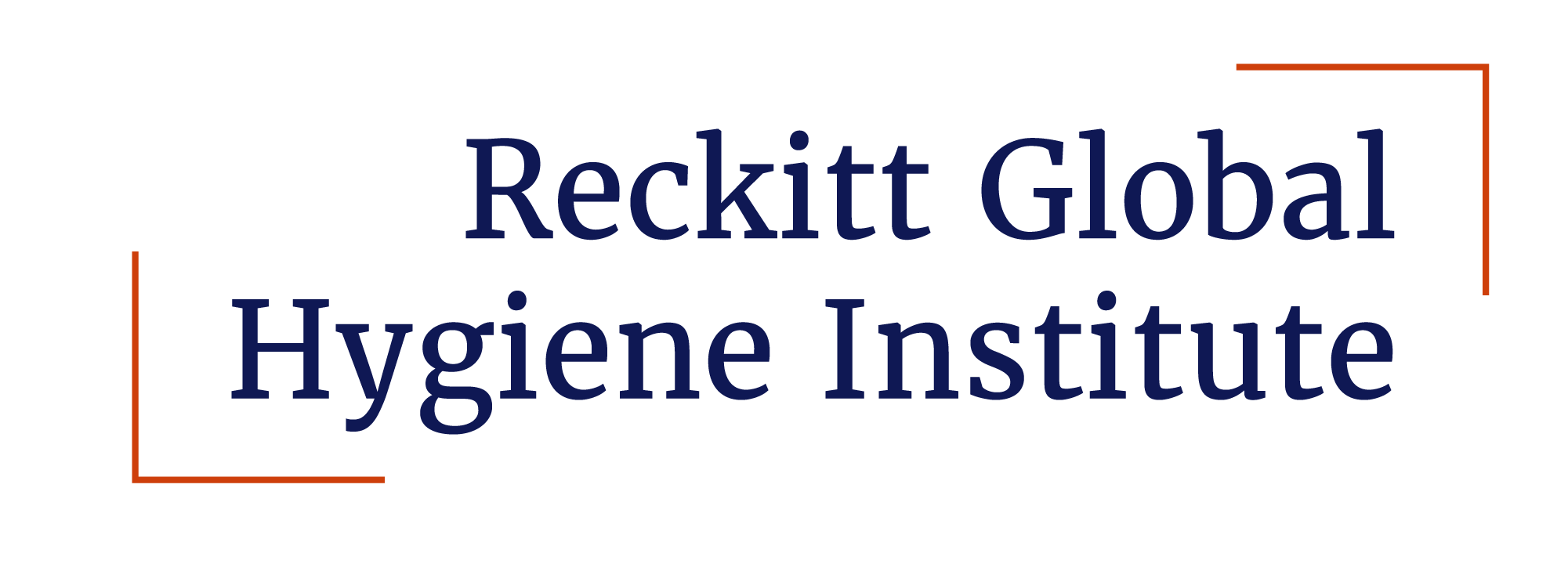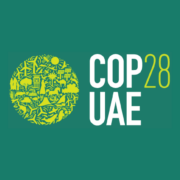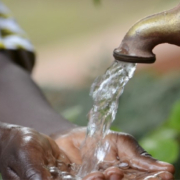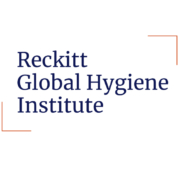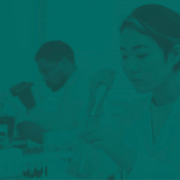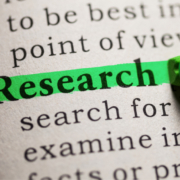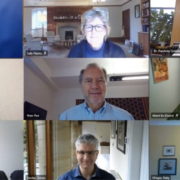UN Climate Conference (COP28) Includes Focus on Health
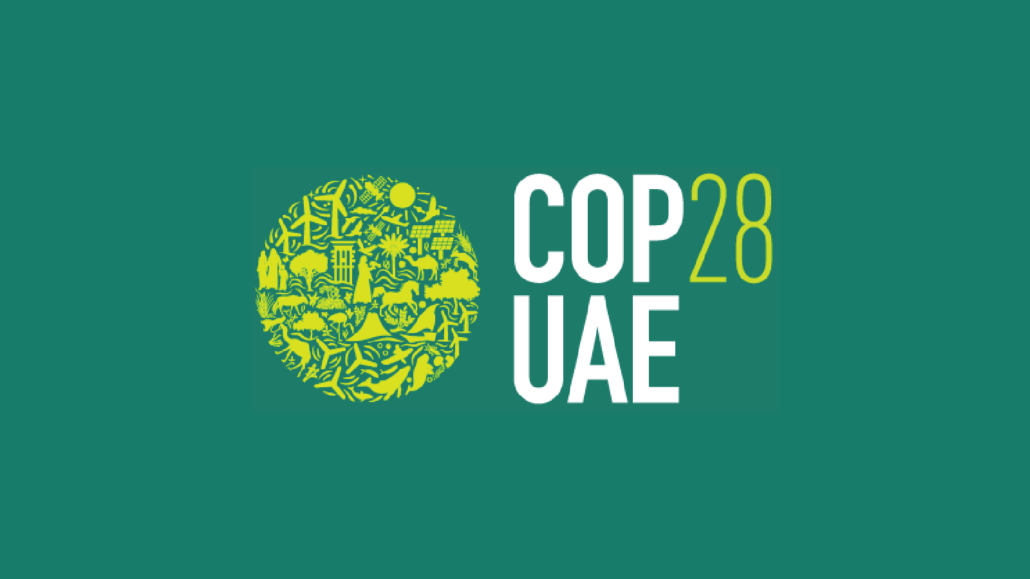
The United Nations Framework Convention on Climate Change (UNFCCC) has held its first-ever dedicated health day at the COP28 climate conference. This very timely event has helped focus attention on the importance of recognizing climate change as a contributing factor to the global health crisis. However, with 2023 set to be the hottest year on record, and with more and more people around the world being affected by climate-sensitive infectious diseases, every day needs to focus on public health. And, with the threats of climate change increasing, every day also needs to focus on the positive role of good hygiene in helping to stem the impact of preventable infectious diseases.
The COP28 health day focused on highlighting the evidence base between climate change and human health; outlining the needs, hurdles, and best practices for improving the climate resilience of health systems; and identifying and scaling the adaptation measures that are needed to address the impacts of climate change on human health.
Between 2030 and 2050, climate change is expected to cause approximately 250,000 additional deaths each year from malnutrition, malaria, diarrhea, and heat stress alone, with direct damage costs to health estimated at between US$2-4 billion each year by 2030, according to the World Health Organization (WHO). Additionally, those areas with weak health infrastructure, which are mostly in developing countries, will be the least able to cope without assistance to prepare and respond, according to WHO.
Here at the Reckitt Global Hygiene Institute (RGHI), we recognize the critical link between climate change and human health, and particularly the impact of climate change on infectious, preventable diseases. With RGHI’s primary aim of addressing gaps in research funding and data availability in the hygiene field, we are dedicated to conducting focused research on hygiene and hygienic behaviors while bringing together relevant experts to explore how this research can lead to tangible and meaningful changes.
The COP28 health day occurred just prior to the December 6-8 Global Health Symposium, organized by Chatham House and RGHI, which brings together researchers, policymakers, and practitioners to explore the potential benefits of closer collaboration and integrated approaches between the hygiene fields and within wider development goals. Included in the symposium’s agenda is an important December 7 session on “Exploring the Transformative Hygiene Strategies for Climate Change and Planetary Health.” For more information, see https://globalhygienesymposium.org/.
Tackling the global health challenge, and the increasing impacts posed by climate change, requires cooperation, collaboration, and an understanding of how we can invest in programs and services as well as in habit formation research to mitigate infectious disease spread. Hygiene makes a difference.
